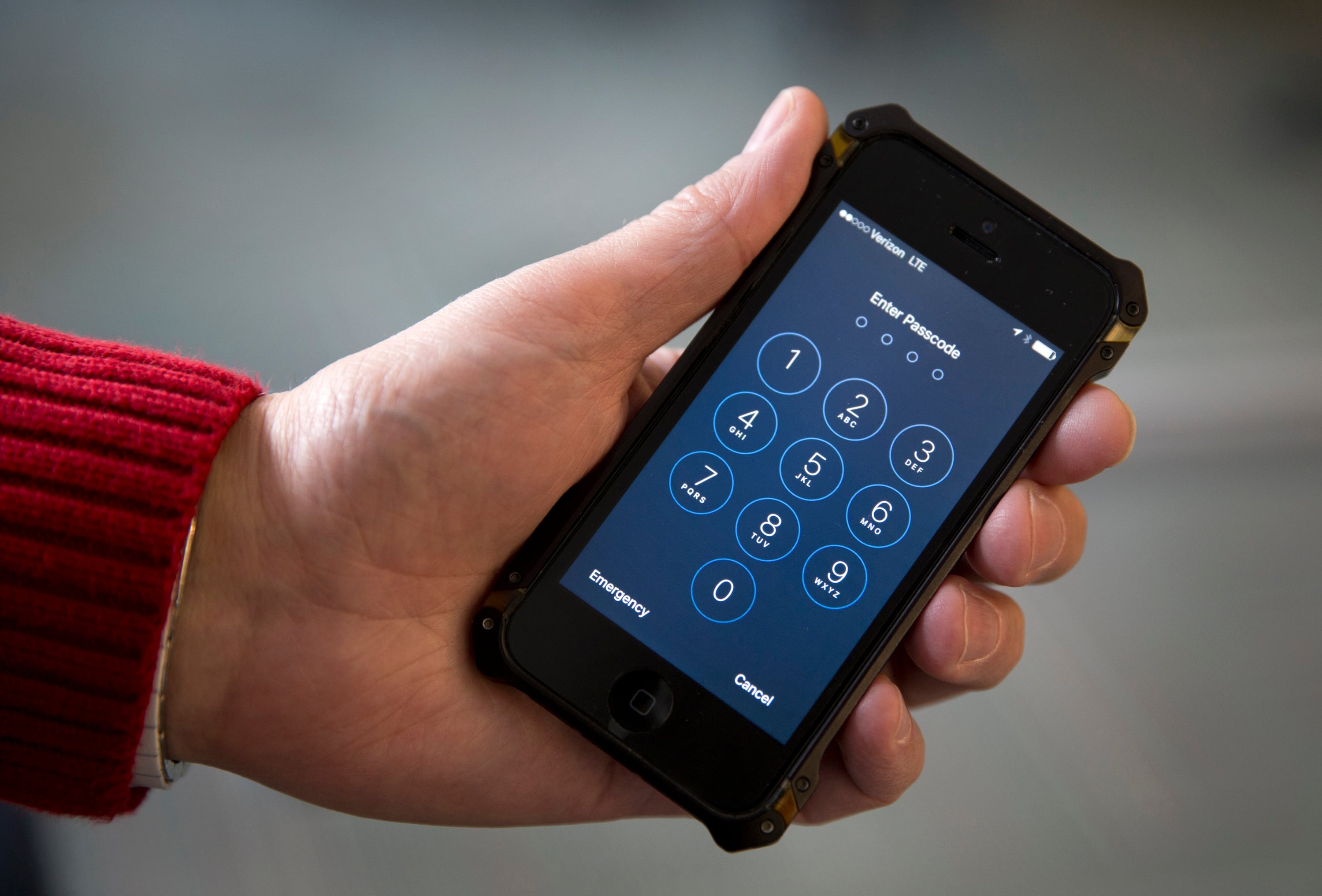At a time when patient’s complete medical history could play a key role in their survival, Defense Department and Veterans Affairs leaders announced a new technology breakthrough in their health care infrastructure allowing quicker sharing of appointments and medical notes among their departments and private-sector clinics.
Federal officials on Monday unveiled a new joint medical information exchange system for the two departments, giving VA and DOD physicians access to a pool of more than 54,000 outside hospitals, health clinics, pharmacies and laboratories.
The work is part of ongoing efforts by the military and VA bureaucracies to modernize their electronic health systems into a single, shared record that can follow individuals through their service careers and into their civilian lives.
RELATED

Completion of this phase of the work comes amid the worldwide coronavirus pandemic, which has already sickened more than 10,000 patients in VA care and Defense Department personnel.
“Now, if someone has testing for COVID-19 in VA this week but then presents new symptoms at a private facility next week, both providers will be able to see all that information in real time,” said Dr. Neil Evans, the interim director of the Federal Electronic Health Record Modernization program office.
“They can see their past surgical history or other medical issues. And having more health care data allows providers to make better health care decisions.”
Both the Defense Department and VA have already been sharing some of that medical information with outside providers in the past, through separate agreements. The new arrangement opens the two separate pools to both federal departments, and should allow for easier partnerships in the future.
Patients and physicians won’t see any changes in their files, since the new agreement doesn’t require any new software installations or additional training.
But Evans said having the additional past medical information available should make for better appointments and diagnoses, especially at a time when patients’ spouses or caregivers may have limited access to doctors during counseling sessions.
VA officials announced last month they would put health records modernization efforts on hold during the coronavirus outbreak response. Defense officials shut down some work as well, but most of that involves training and site visits.
Work on the health information exchange system, however, was mostly technical and not disrupted by the pandemic response.
RELATED

Travis Dalton, president of Cerner Government Services — which is working with both departments on their health record upgrades — said that the latest announcement is “a monumental step forward” for the work.
“(It is) enabling a seamless, secure exchange of health data between the departments and an extended network of community partners,” he said. “Clinicians will have the right data at the right time to make more informed medical decisions, enabling better health outcomes for our veterans, service members and their families.”
In accordance with federal medical information rules, patients can opt out of the information sharing.
Leo covers Congress, Veterans Affairs and the White House for Military Times. He has covered Washington, D.C. since 2004, focusing on military personnel and veterans policies. His work has earned numerous honors, including a 2009 Polk award, a 2010 National Headliner Award, the IAVA Leadership in Journalism award and the VFW News Media award.





